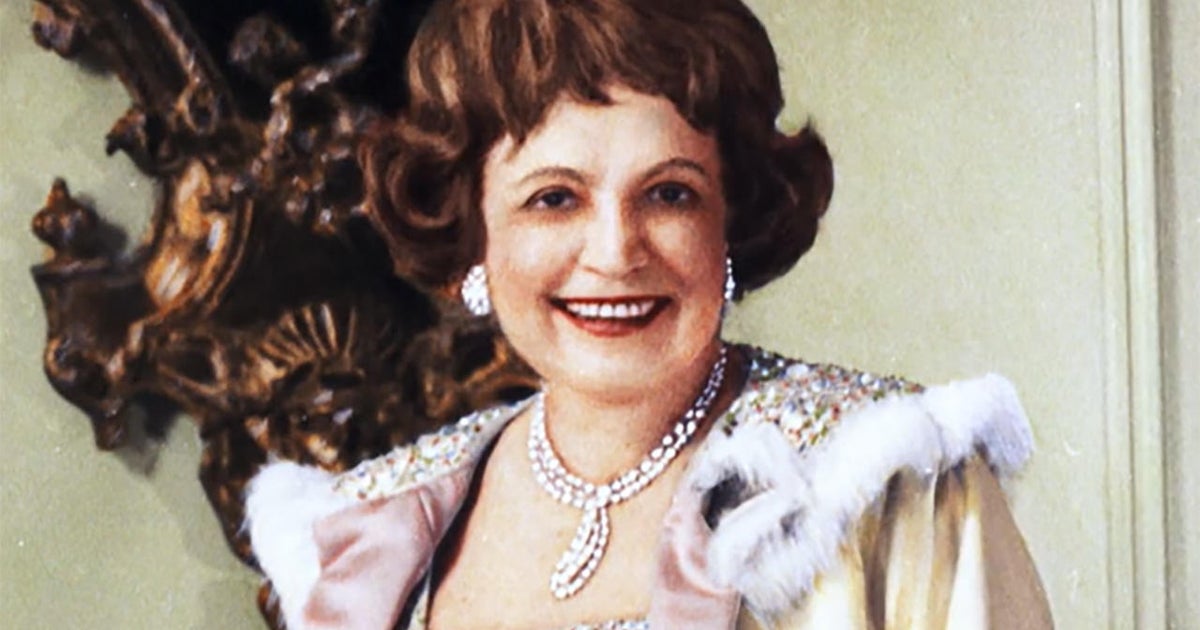Perle Mesta, the renowned social queen of Washington

Washington's Legendary Hostess: Perle Mesta
The "Hostess with the Mostes"
In her iconic role in "Call Me Madam," Ethel Merman portrayed the enigmatic Perle Mesta, a real-life socialite whose lavish parties drew the crème de la crème of Washington, D.C.
As biographer Meryl Gordon reveals, Mesta's allure lay not just in her dazzling soirées but in her knack for cultivating friendship with the most influential figures: "She figured out how to make friends with the right people. 'I'm having a couple senators over, maybe you'd like to join us?'"
A Path to Power
Perle's rise to social prominence was not without its challenges. Gordon notes that she "bought her way into society." However, she adds that Mesta was "smart about it"; she understood the art of networking and positioning herself amidst the nation's elite.
The Enigmatic Persona
Marie Ridder, a longtime observer of Washington society, describes Mesta as "the social queen of Washington." While some attributed her fame to her wealth and social connections, others recognized her unique ability to foster a convivial atmosphere.
"She invited me to a party because she wanted press coverage," Ridder recalls. "No other reason, not 'cause she thought I was charming or anything. No, it was the press badge she cared about."
Her Influence on Politics
"She instinctively knew that work in Washington wasn't just conducted in the halls of Congress," notes Sally Quinn, another observer of Mesta's era. "You can't call them on the phone, and the next day, you'll be able to call and get them on the phone."
Mesta's ability to connect with political heavyweights led her to support aspiring politicians, including Harry Truman, Dwight Eisenhower, and Lyndon Johnson, before they became household names.
A Landmark Appointment
In recognition of her services to the Democratic party, Truman appointed Mesta as envoy to Luxembourg, an honor that inspired the hit musical "Call Me Madam." However, the appointment faced resistance within the State Department.
Unfazed, Mesta persisted, proving her diplomatic mettle in the face of gender prejudice.
A Fading Star
As the Kennedy era dawned, Mesta's influence began to wane. "I guess many people took her seriously. I think my age group didn't," remarks Ridder.
Quinn laments the lack of a similar figure in today's Washington, someone who can "get Democrats and Republicans to sit down at a dinner table and see eye-to-eye." She believes that society is missing out on the benefits of bipartisan dialogue.
A Legacy of Inclusion
Gordon reveals that Mesta, a staunch feminist and advocate for civil rights, broke barriers by insisting on integrated inaugural balls during Truman's presidency. "She wasn't a civil rights crusader. It's just that these were her friends, and she wanted them to be part of her life," Gordon explains.